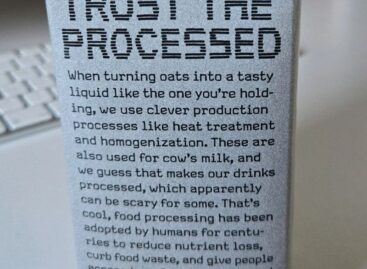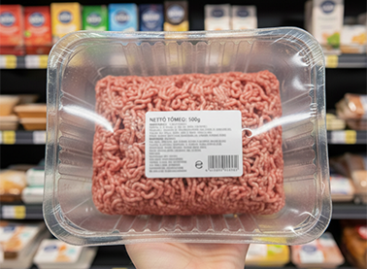Australian children exposed to aggressive marketing on ultra-processed food, new study finds
Widespread, unregulated marketing techniques targeting Australian children on the packaging of unhealthy and ultra-processed foods (UPF) have been unraveled by a recently released study by researchers at the Australian George Institute for Global Health.

The study, published in Public Health Nutrition, sheds light on Australia’s regulatory gaps in food marketing and compares them to lower-income countries with stricter rules.
“Australia mainly relies on voluntary codes for restricting unhealthy food marketing, but these primarily relate to mass media advertising, and packaging is a neglected part of the promotional toolkit,” Simone Pettigrew, one of the co-authors of the study and head of food policy at the George Institute for Global Health, tells Food Ingredients First.
The paper analyzed 8,006 products across various categories, revealing that 11.3% featured on-pack promotions directed at children, with the majority (81%) falling under the classification of UPF.
“By comparison, countries such as Chile and Mexico have introduced explicit restrictions on food packaging content to ensure children and parents are not being manipulated at the expense of children’s diets and health,” Pettigrew continues.
Related news
Oatly Adds ‘Trust The Processed’ Label To Milk Cartons
🎧 Hallgasd a cikket: Lejátszás Szünet Folytatás Leállítás Nyelv: Auto…
Read more >Five WorldStar Packaging Awards 2026 for Rondo!
🎧 Hallgasd a cikket: Lejátszás Szünet Folytatás Leállítás Nyelv: Auto…
Read more >Oversized packaging not only deceives the customer, but also violates the principles of the circular economy
🎧 Hallgasd a cikket: Lejátszás Szünet Folytatás Leállítás Nyelv: Auto…
Read more >Related news
How does the forint exchange rate affect consumer prices?
🎧 Hallgasd a cikket: Lejátszás Szünet Folytatás Leállítás Nyelv: Auto…
Read more >HELL CITY has arrived, led by Michele Morrone
🎧 Hallgasd a cikket: Lejátszás Szünet Folytatás Leállítás Nyelv: Auto…
Read more >Two million people have already voted, so 57 million forints will be given to locals in 125 settlements, courtesy of Tesco
🎧 Hallgasd a cikket: Lejátszás Szünet Folytatás Leállítás Nyelv: Auto…
Read more >







